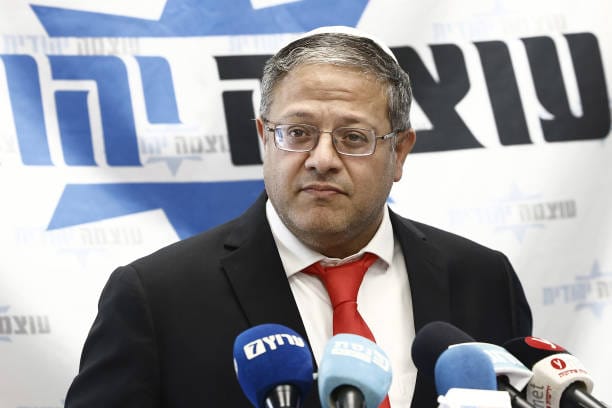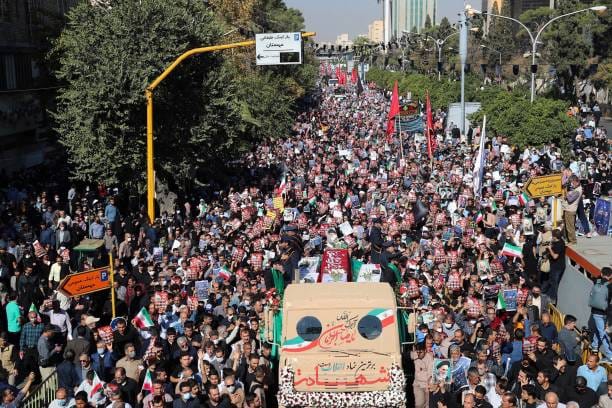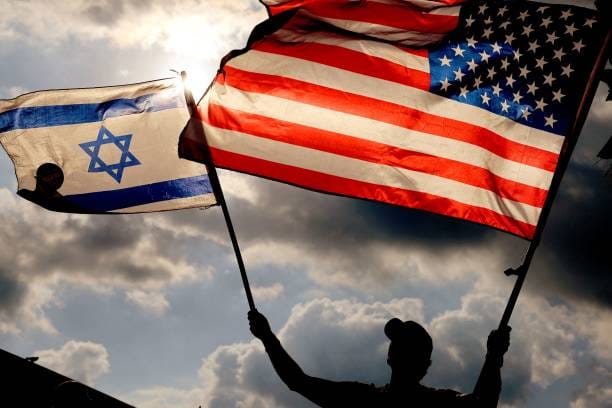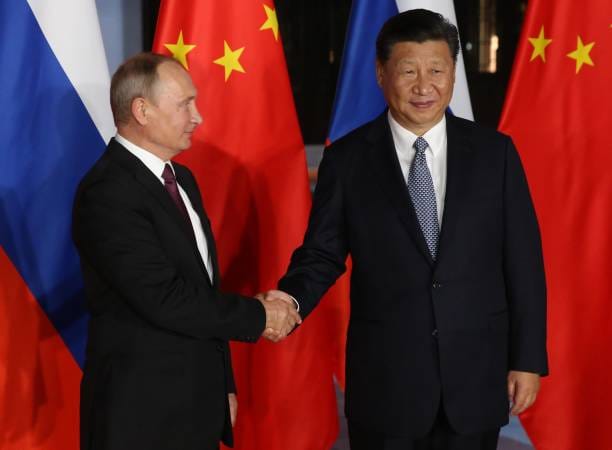Political Rift Over Rafah: PM Netanyahu's Position on the Line

National Security Minister Itamar Ben Gvir declared that Prime Minister Benjamin Netanyahu could not remain in his position if he decides to abandon the planned ground offensive in Rafah. This ultimatum from one of the most far-right members of Netanyahu's cabinet underscores the deep divisions within the Israeli government over the strategy in Gaza.
Ben Gvir, the leader of the Jewish Power party, has been a controversial figure, known for his convictions supporting terrorism and inciting anti-Arab racism. His recent advocacy for the mass relocation of Palestinians from Gaza to make way for Israeli settlers has only added to the tensions. His latest comments come after the Israel Defense Forces (IDF) withdrew troops from Khan Younis, leading to speculation about the future of the Rafah operation.
The city of Rafah, which has become a shelter for an estimated 1.5 million Palestinians, is considered by Netanyahu as the "last bastion" of Hamas. The Israeli Prime Minister has repeatedly emphasized that a ground offensive in Rafah is essential to achieve Israel's goal of eliminating Hamas from Gaza. However, the withdrawal from Khan Younis and the ambiguity surrounding the Rafah plans have cast doubt on the government's commitment to this objective.
The international community, including staunch allies like the United States, has expressed concern over the potential humanitarian impact of a Rafah offensive. President Joe Biden has even indicated that such an action would constitute a "red line," urging Israel to reconsider and calling for a ceasefire instead. Despite this, Netanyahu has authorized plans for the offensive, signaling his intent to proceed.
The situation puts Netanyahu in a precarious position, balancing the demands of his coalition partners against international pressure and the well-being of millions of civilians. The decision on whether to move forward with the Rafah offensive could have significant implications for his political future and the stability of the region.
As the debate continues will he heed the warnings of his allies and the international community, or will he align with the hardline stance of his cabinet members? The outcome of this internal conflict could shape the course of Israeli politics and the fate of the Gaza Strip for years to come.



